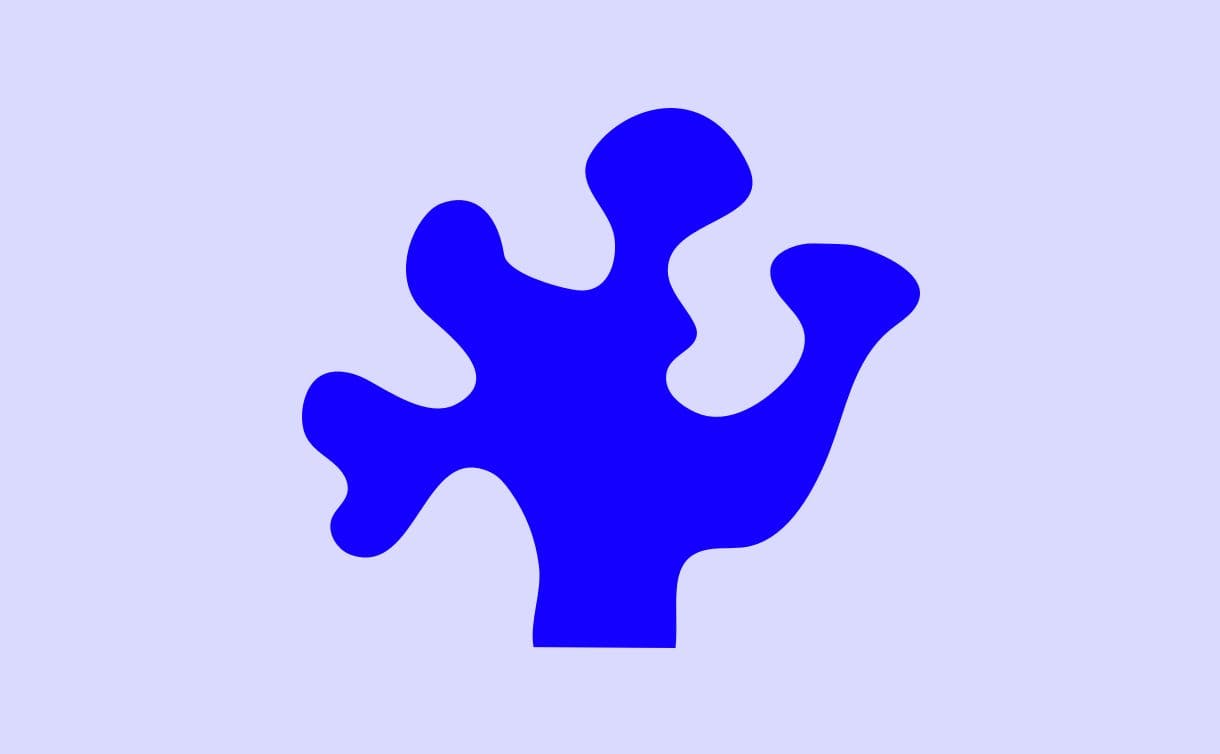Iodine Supplement Benefits and Dosage
From looking after your thyroid to optimising fertility, iodine is a key nutrient in our diets.


Iodine function
Thyroid hormones - Maintenance of metabolism - Cognitive function
Iodine dosage
The Nutrient Reference Value (NRV) for iodine is 150mcg per day.
Iodine and the brain
Brain scans in people with iodine deficiency have shown that structures within the brain such as the hippocampus and neurotransmitters (chemicals in the brain) are affected by iodine deficiency. It’s widely recognised that iodine contributes to normal cognitive function; the exact mechanism is unclear, but it’s thought to be related to gene expression.
Iodine benefits
Iodine helps to make thyroid hormones, which control our metabolic rate
Essential for optimal fertility
Plays well with
Selenium for thyroid function
Folate for women trying to conceive
B12 and other B vitamins for those on plant-based diets
Clever stuff - Low iodine in child development
Iodine is especially important in foetal and childhood development, as it is essential for thyroid hormone synthesis, which is important in normal brain development. A trial of 310 mildly deficient school children found that iodine supplementation in people who have low levels improved information processing, fine motor skills and problem solving.